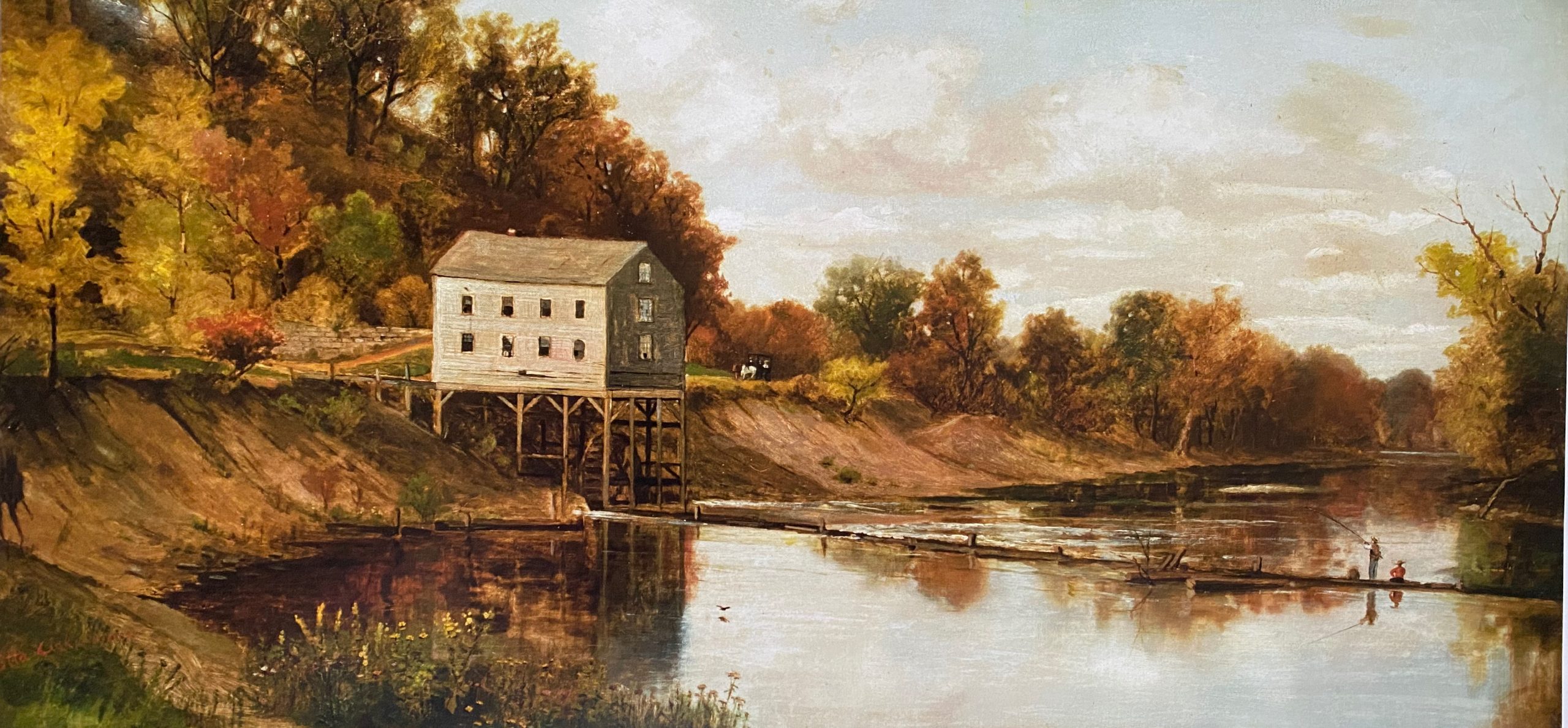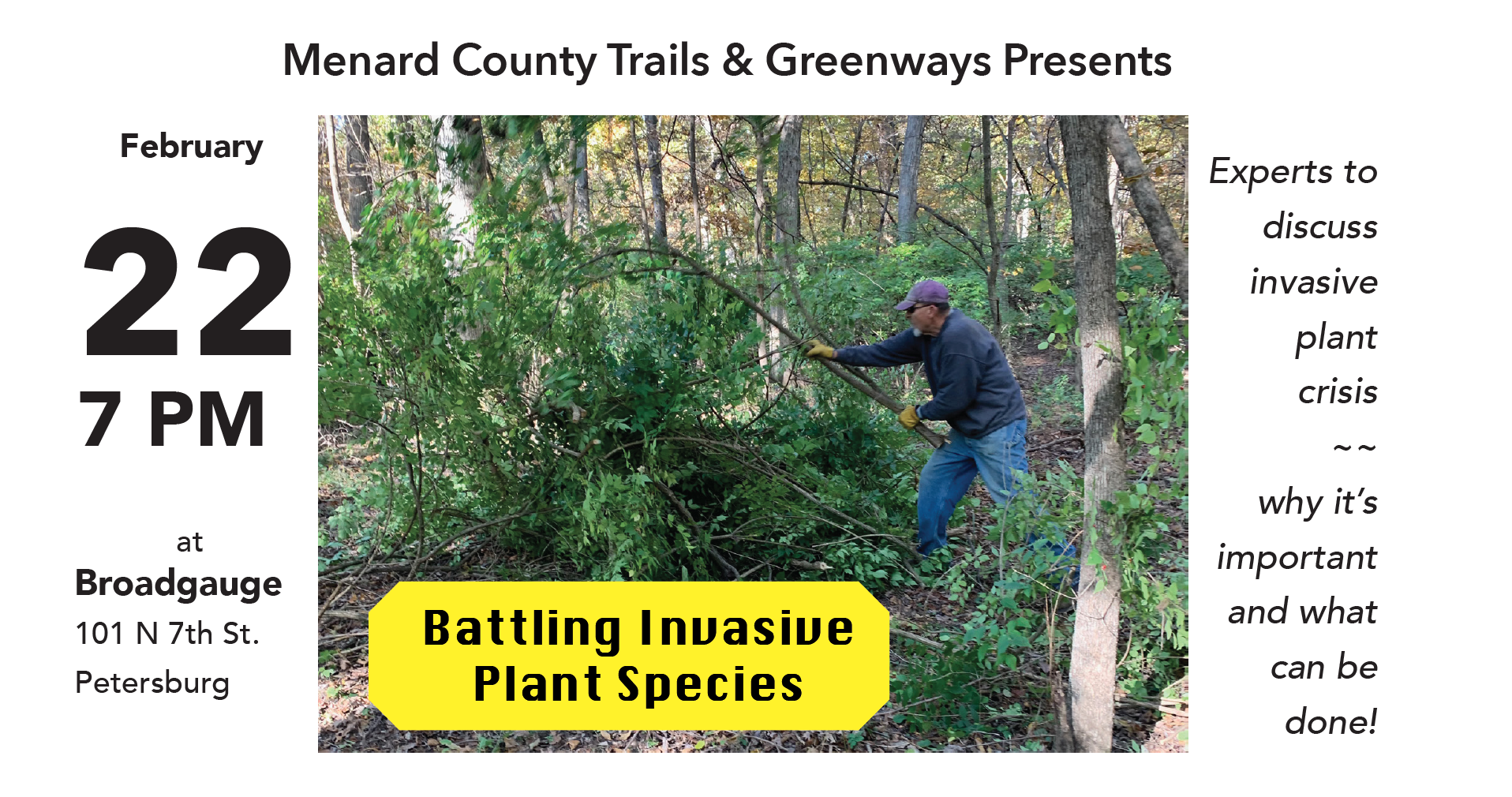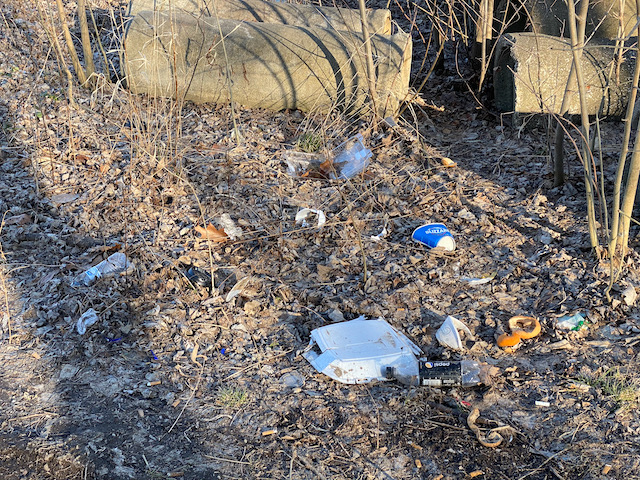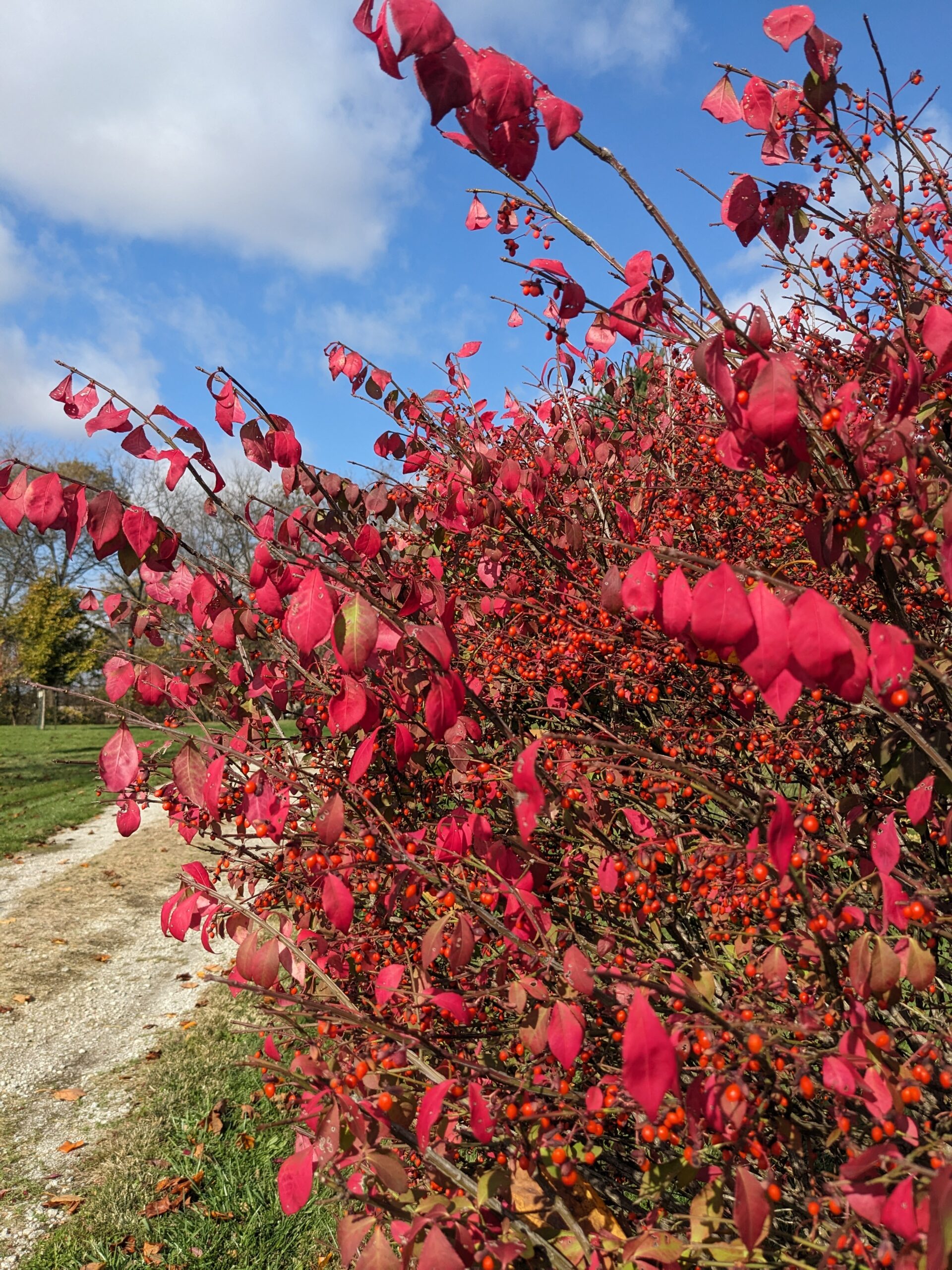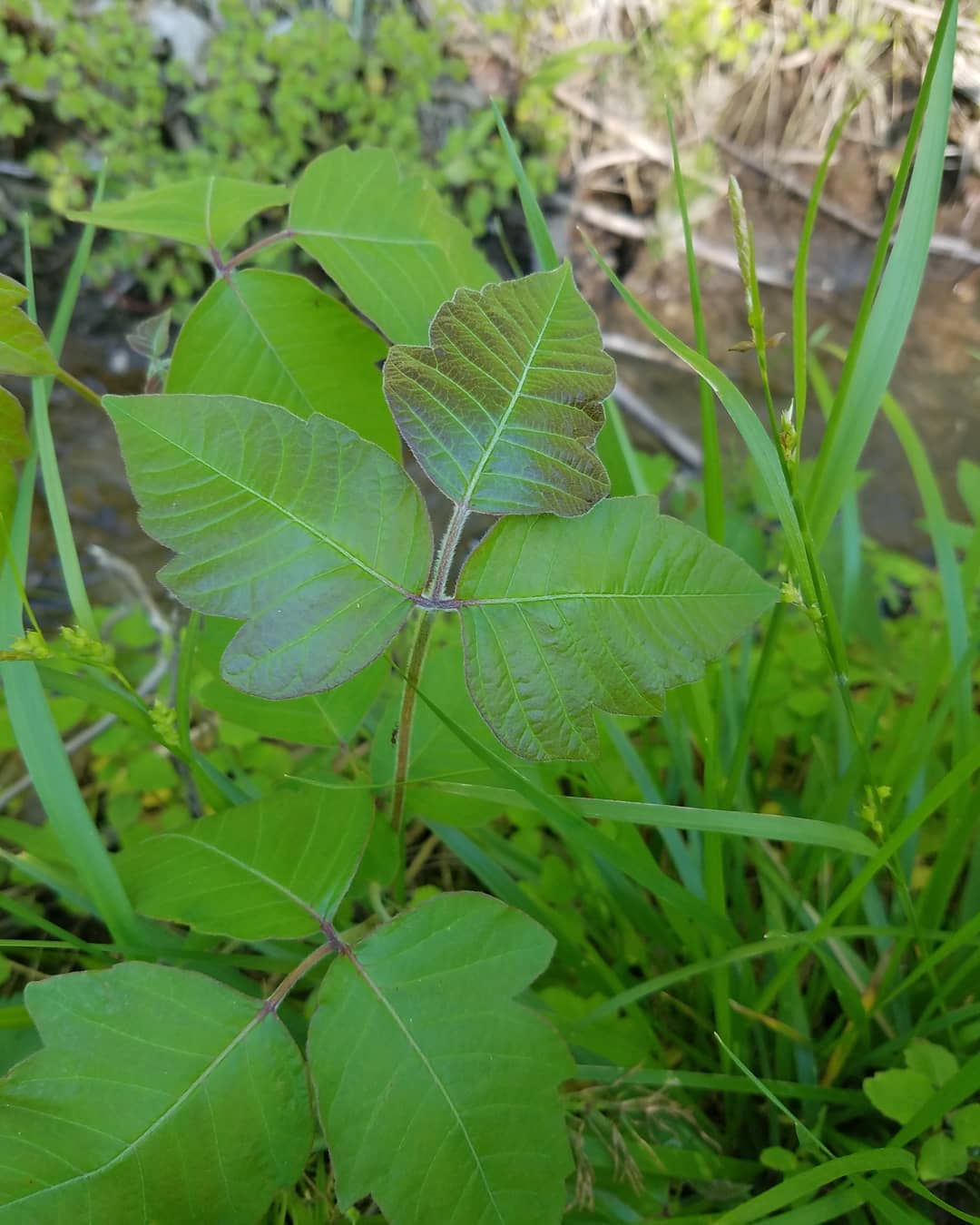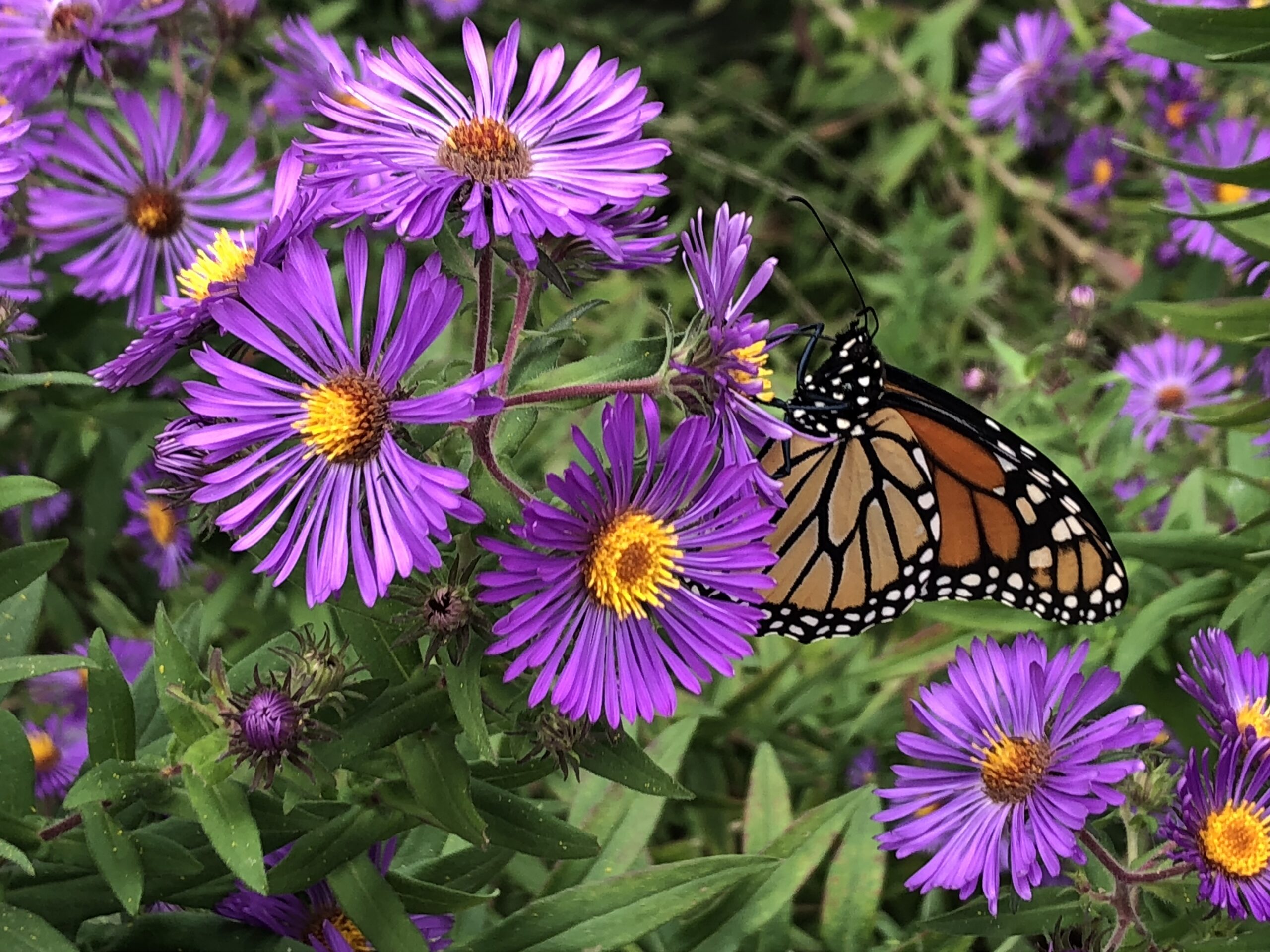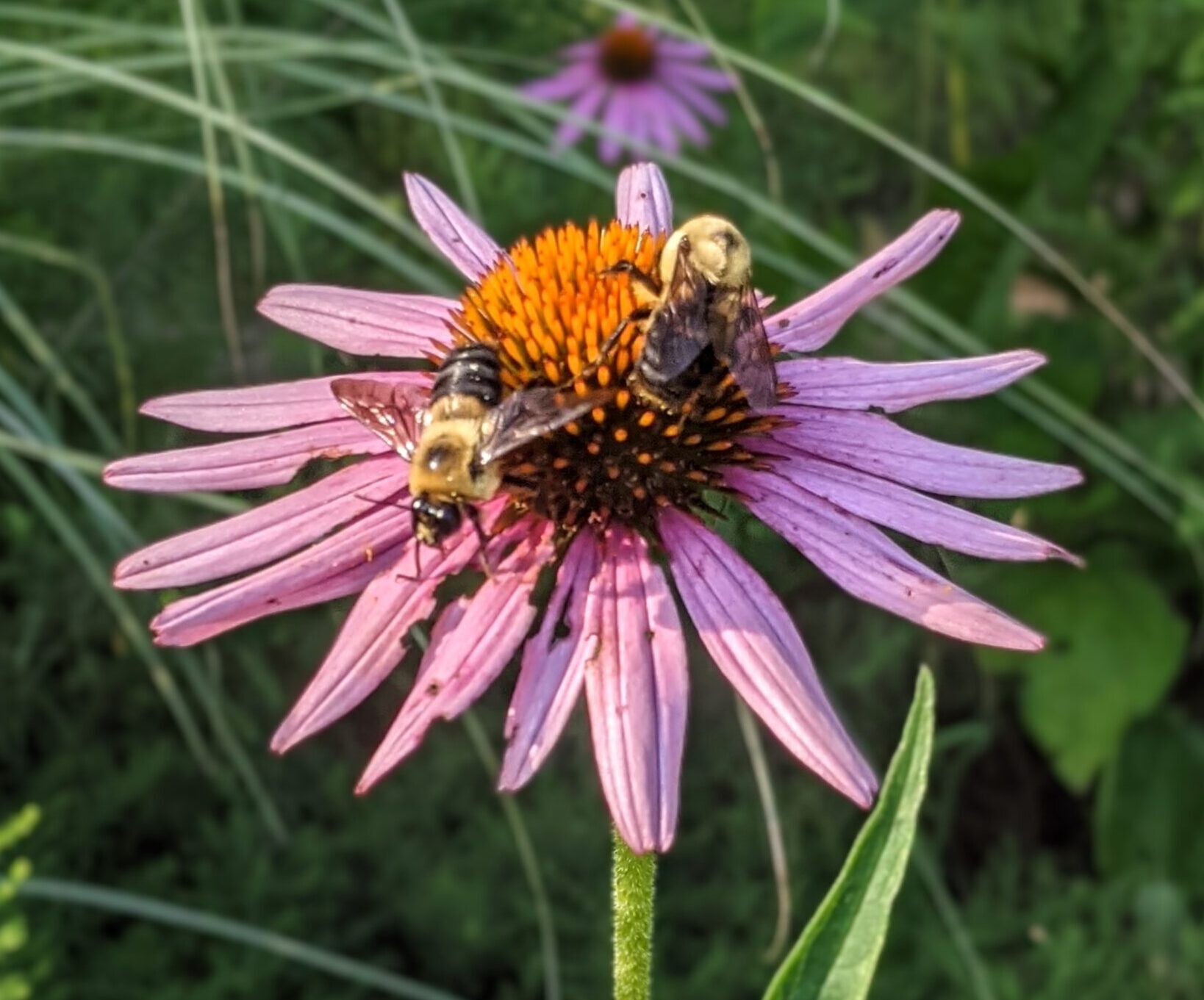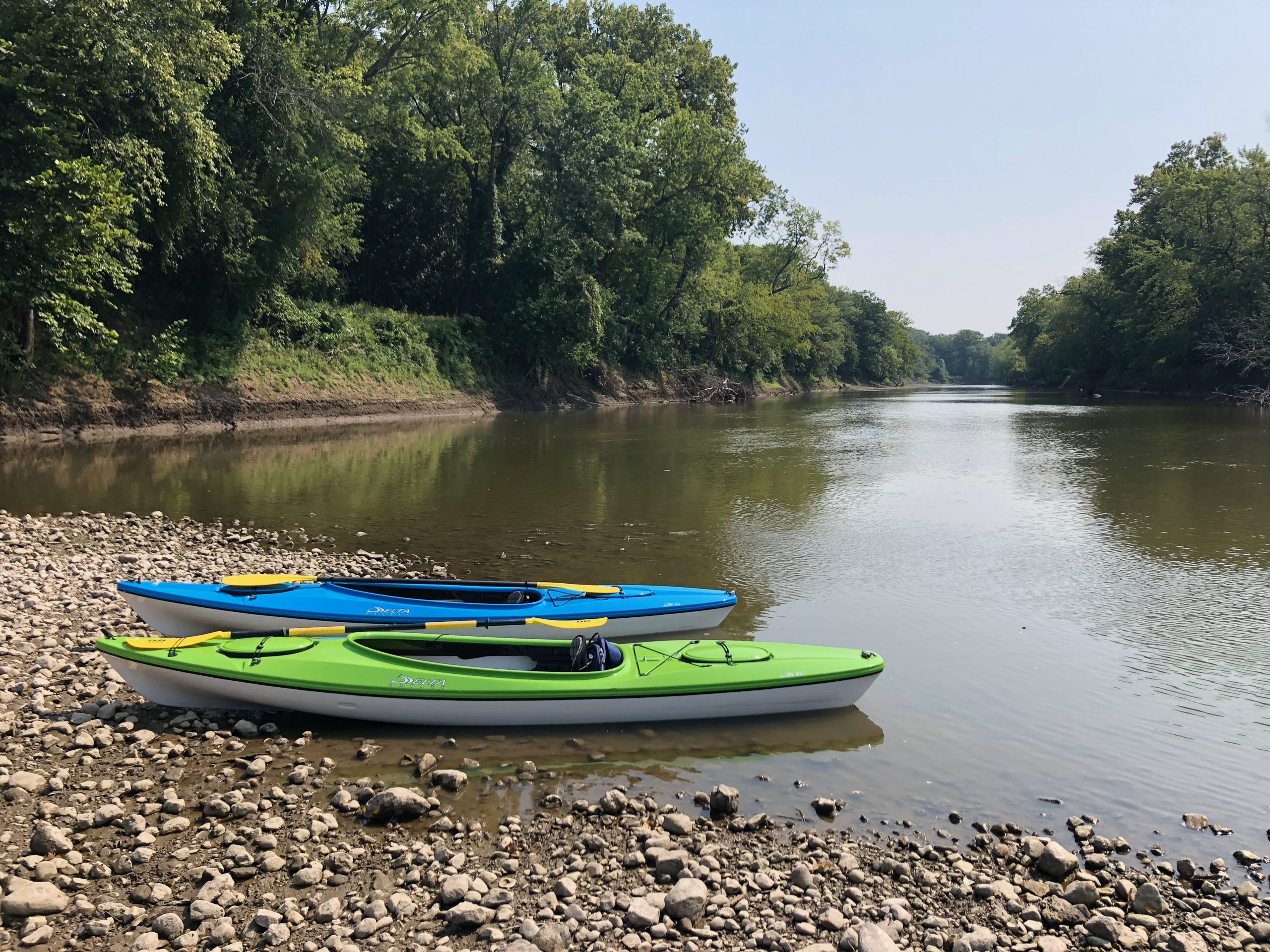-
Ways to Discovery Chautauqua – August 3 – Documenting Our Region: Our Neighbors, Our Environment and Our Universe
The Chautauqua location is the Visitors Center Auditorium at New Salem State Historic Site in Petersburg, Illinois — 1:00 p.m. – 3:00 p.m.The venue is fully accessible, ensuring everyone can participate. Our Neighbors, Our Environment and Our Universe Dr. Jim Herkert will discuss the eBird survey he’s conducting at New Salem State Historic Site as well as how people can use eBird to help find and identify birds. A Petersburg Public Library board director will discuss the library’s project digitizing all the back issues of the Petersburg Observer. Dr. Robert Lowenthal will explain how he photographs deep-space wonders through astrophotography. Musical showcase featuring area youth Contributing to our public mission,…
-
Ways to Discovery Chautauqua Series – June 1 – Celebrating National Trails Day
The Chautauqua location is the Visitors Center Auditorium at New Salem State Historic Site, Petersburg, Illinois — 1:00 p.m. – 3:00 p.m.The venue is fully accessible, ensuring everyone can participate. Exploring Menard County In celebration of National Trails Day, Dr. Michael Wiant and Terri Treacy will present a program titled Exploring Menard County Trails: Ancient, Historical, Present and Futuristic. Long before roads, trails were traveled by foot between villages, favored hunting and gathering areas, and other points of interest by the Indigenous inhabitants of what we now know as Menard County. Many of these routes are unknowable, but some have persisted over centuries, if not longer, and have evolved into…
-
Mini BioBlitz at New Salem!
Join us on April 13th from 10:00 AM – 12:00 PM for a fun and informative Mini BioBlitz on the Cardinal Ridge Trail! This is the first event in an exciting series of collaborative efforts to document and identify as many species as possible in the trail area at New Salem, where Menard County Trails and Greenways (MCTG) members have been actively involved in forest restoration. No experience is necessary! Whether you’re a seasoned nature enthusiast or a curious beginner, this is the perfect opportunity to explore the diversity of life around us. Participants will use the iNaturalist app to document and identify plants, animals, fungi, and more. You’ll also…
-
Ways to Discovery Chautauqua – April 6 – Celebrating Earth Month in Menard County
The event will be held at the Visitors Center Auditorium at New Salem State Historic Site in Petersburg, Illinois — April 6, 1:00 p.m. – 3:00 p.m.RiverBank Lodge is fully accessible, ensuring everyone can participate. The wonderful watery world of river ecology! Dive into the wonderful watery world of river ecology with Dr. Jason DeBoer, Large River Scientist with the Illinois Natural History Survey! Jason’s presentation will explain why rivers are important ecosystems, describe some of the threats our local rivers face, and explore some of the wild, weird, and downright wacky fish and other animals that call our rivers home. There’s bound to be a few ‘fish tales’ shared…
-
Ways to Discovery Chautauqua Series
Rooted in the Chautauqua tradition, this lecture series delivers engaging and educational programming to our community. This year’s theme, Ways to Discovery, delves into the many paths through which we understand and navigate the world. From our evolving natural environment to expanding digital spaces, from local communities to global connections, this series explores how we come to know ourselves, others, and the world around us. True to the Chautauqua tradition, following each program there will be live performances by local artists whose songwriting and storytelling document the culture and history of our region. The series will be held at the Visitors Center Auditorium at New Salem State Historic Site in Petersburg,…
-
Earth Month Community Calendar
The official Earth Day theme for 2025 is The Power Of Collective Action. This year Trails & Greenways has embraced the theme with a Celebrate Earth Month Community Calendar of events during the entire month of April. The Earth Month Calendar showcases the activities and events that our local organizations, businesses and governments are hosting to celebrate Earth Day in Menard County. Check it out — we’re sure you’ll find an activity to volunteer for. Working together as a community to protect biodiversity, preserve our ecosystems and combat climate change is a testament to the power of collective action. Join us in Celebrating Earth Month as we work together for…
-
Bark to Basics Part III: Identifying Trees at New Salem by Their Bark
Our online tree ID challenge continues as we highlight photos and key features of 5 additional species of native trees you’ll find along the scenic Cardinal Ridge Trail at New Salem. Find ten more species from Week I and Week II. Find more information about these and many other Illinois trees and shrubs at Trees, Shrubs, and Woody Vines of Illinois
-
Bark to Basics Part II: Identifying Trees at New Salem by Their Bark
If you enjoyed this challenge, please return to the Facebook post and join the comments. And, come back next week for the final 5 species in our Tree Bark Challenge! Find more information about these and many other Illinois trees and shrubs at: Trees, Shrubs, and Woody Vines of Illinois
-
Bark to Basics Part I: Identifying Trees at New Salem by Their Bark
Find more information about these and many other Illinois trees and shrubs at Trees, Shrubs, and Woody Vines of Illinois
-
Sip n’ Sow Winter Seed Sowing Workshop
Sip n’ Sow Winter Seed Sowing Workshop1st & 3rd Boutique & Wine BarJanuary 31st from 6:00PM to 7:30PM

